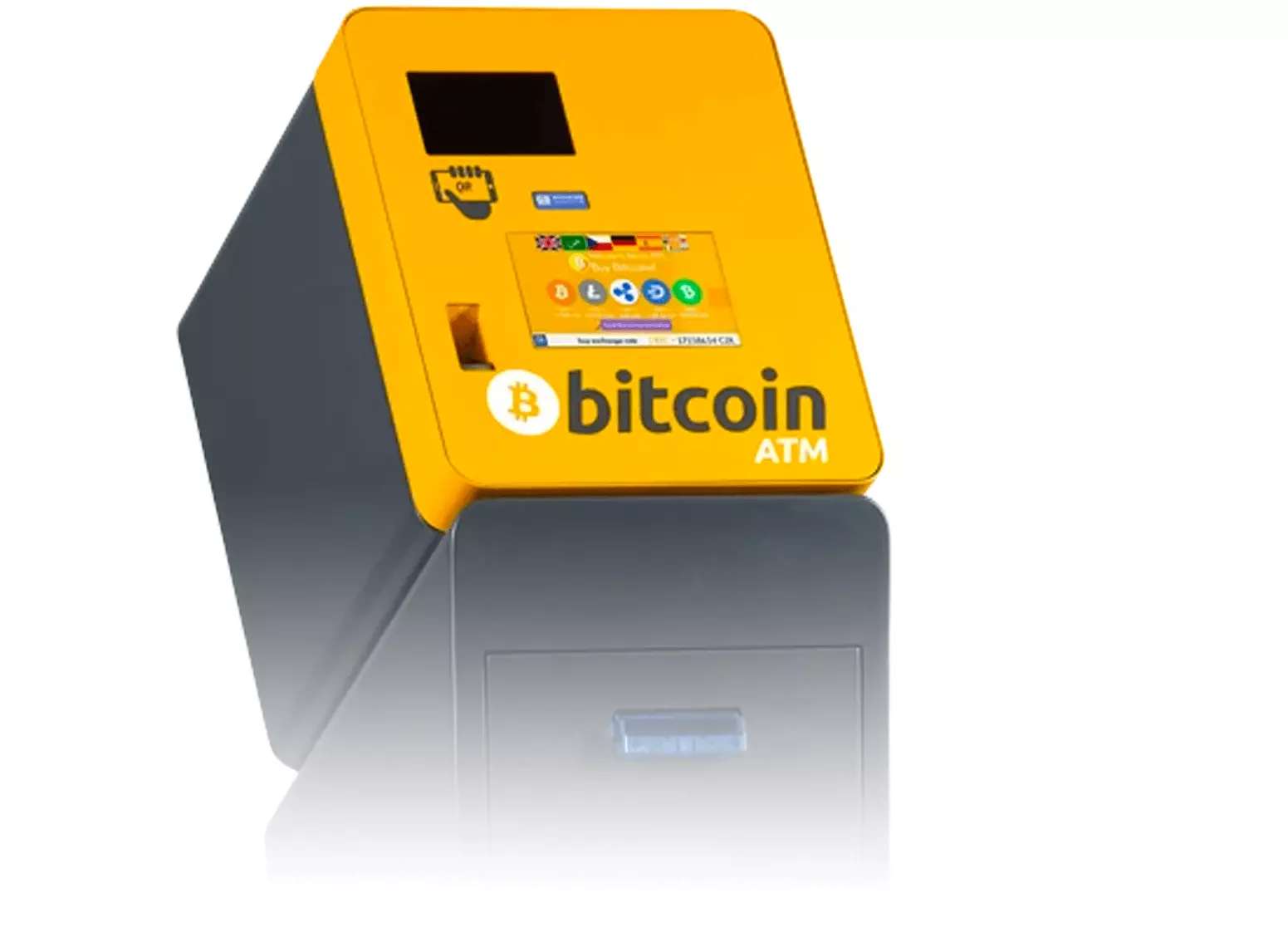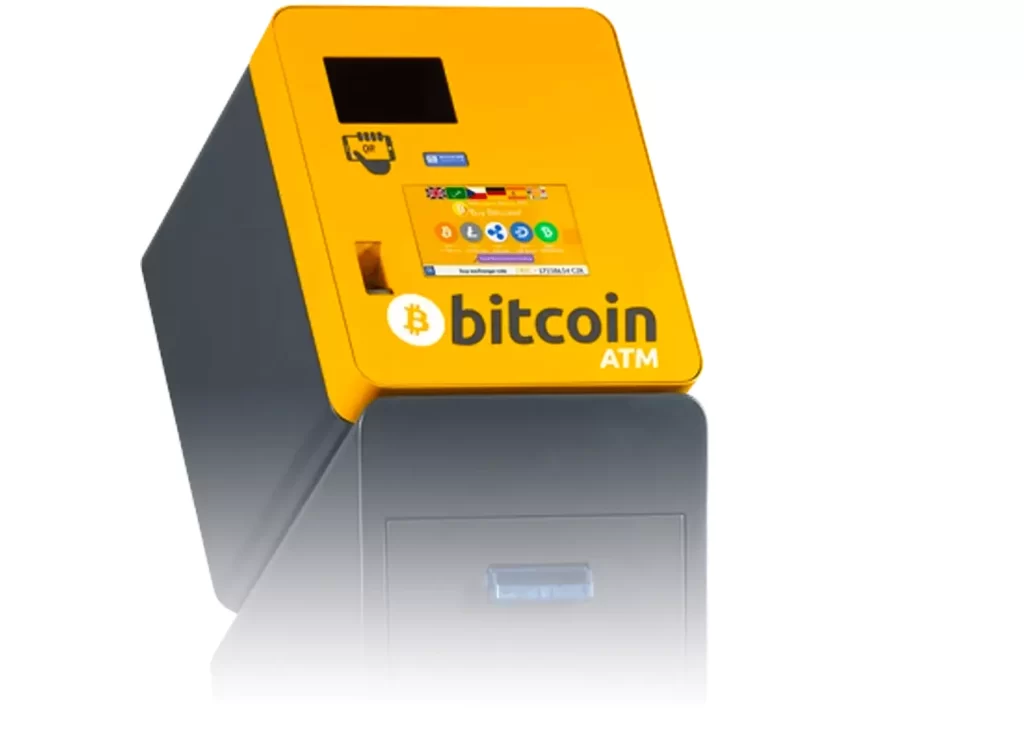
- 27 Jun 2022
- Dan
- Cryptocurrency
- Comments: 0
Cryptocurrencies have become increasingly popular as both an investment and a means of conducting transactions. While many people are familiar with buying cryptocurrencies through various exchanges, the concept of selling them at Bitcoin ATMs may still be relatively new. In this blog post, we will explore the process of selling cryptocurrencies at Bitcoin ATMs, the steps involved, and important considerations to keep in mind.

Content
Can You Sell Cryptocurrencies at a Bitcoin ATM?
Yes, you can sell cryptocurrencies at some Bitcoin ATMs. However, it’s crucial to understand that not all Bitcoin ATMs offer this feature. If you’re interested in selling your digital assets for cash, you will need to find a Bitcoin ATM near you that provides the option to sell cryptocurrencies. These machines are typically bi-directional, meaning they allow both buying and selling of digital currencies.
The Selling Process at a Bitcoin ATM
The process of selling cryptocurrencies at a Bitcoin ATM can vary slightly depending on the specific machine and operator. However, here are the general steps involved:
- Find a Bitcoin ATM Near You: Begin by locating a Bitcoin ATM in your vicinity that offers the option to sell cryptocurrencies. You can use various online directories or mobile apps to find the nearest ATM.
- Select the Cryptocurrency: Once you’ve found a suitable Bitcoin ATM, select the cryptocurrency you want to sell from the available options. Popular cryptocurrencies like Bitcoin (BTC), Ethereum (ETH), and Litecoin (LTC) are commonly supported, but availability may vary.
- Accept Terms and Conditions: To initiate the selling process, you’ll need to agree to the terms and conditions of the transaction. Carefully review these terms to ensure you understand any associated fees and requirements.
- Enter the Amount: Next, specify the amount of cryptocurrency you want to sell. This could be in the form of the cryptocurrency’s quantity (e.g., BTC) or its equivalent value in your local currency (e.g., USD).
- Send Your Cryptocurrency: The Bitcoin ATM will provide you with a wallet address to which you should send the specified amount of cryptocurrency. You can complete this step using your mobile wallet or a hardware wallet. Ensure the accuracy of the address, as cryptocurrency transactions are irreversible.
- Receive Cash: Once the ATM confirms the receipt of your cryptocurrency, it will dispense the equivalent cash amount. Be patient, as the confirmation process may take some time, depending on the cryptocurrency network’s speed.
Important Considerations
While selling cryptocurrencies at Bitcoin ATMs can be convenient, there are several important considerations to keep in mind:
- Availability: Not all Bitcoin ATMs offer the option to sell cryptocurrencies. Verify the capabilities of the ATM before attempting a transaction.
- Fees: Bitcoin ATMs typically charge fees for their services, which can vary significantly from one machine to another. Be aware of these fees, as they can impact the amount of cash you receive.
- Verification Requirements: Some Bitcoin ATMs may require user verification, such as providing identification or phone numbers, particularly for larger transactions.
- Market Fluctuations: The amount of cash you receive in exchange for your cryptocurrency is subject to market fluctuations. Prices can change between the time you initiate the transaction and when it’s confirmed.
Conclusion
In conclusion, selling cryptocurrencies at Bitcoin ATMs is indeed possible, but it’s essential to find a suitable ATM that offers this service and to understand the specific steps and requirements involved. While Bitcoin ATMs can provide quick access to cash in exchange for your digital assets, be mindful of transaction fees, verification requirements, and the potential impact of market fluctuations on the final cash amount you receive. Always exercise caution and due diligence when using any financial service related to cryptocurrencies.

Hi, I’m Dan and I write blogs for businesses. I’ve been doing this since 1994 and have written over 10,000 blog posts (and counting). I love writing about what you’re passionate about and how to make your business successful. So if you want to know more about blogging or social media marketing, just let me know!







